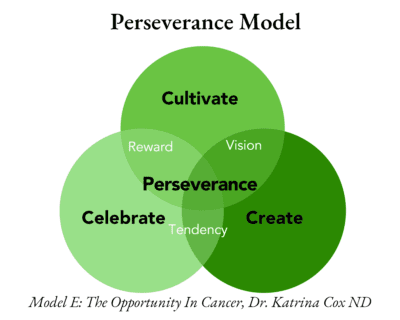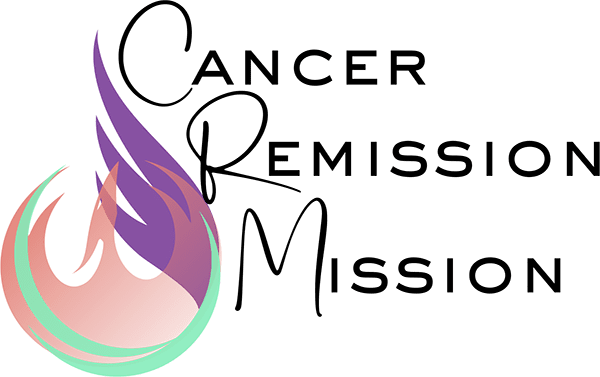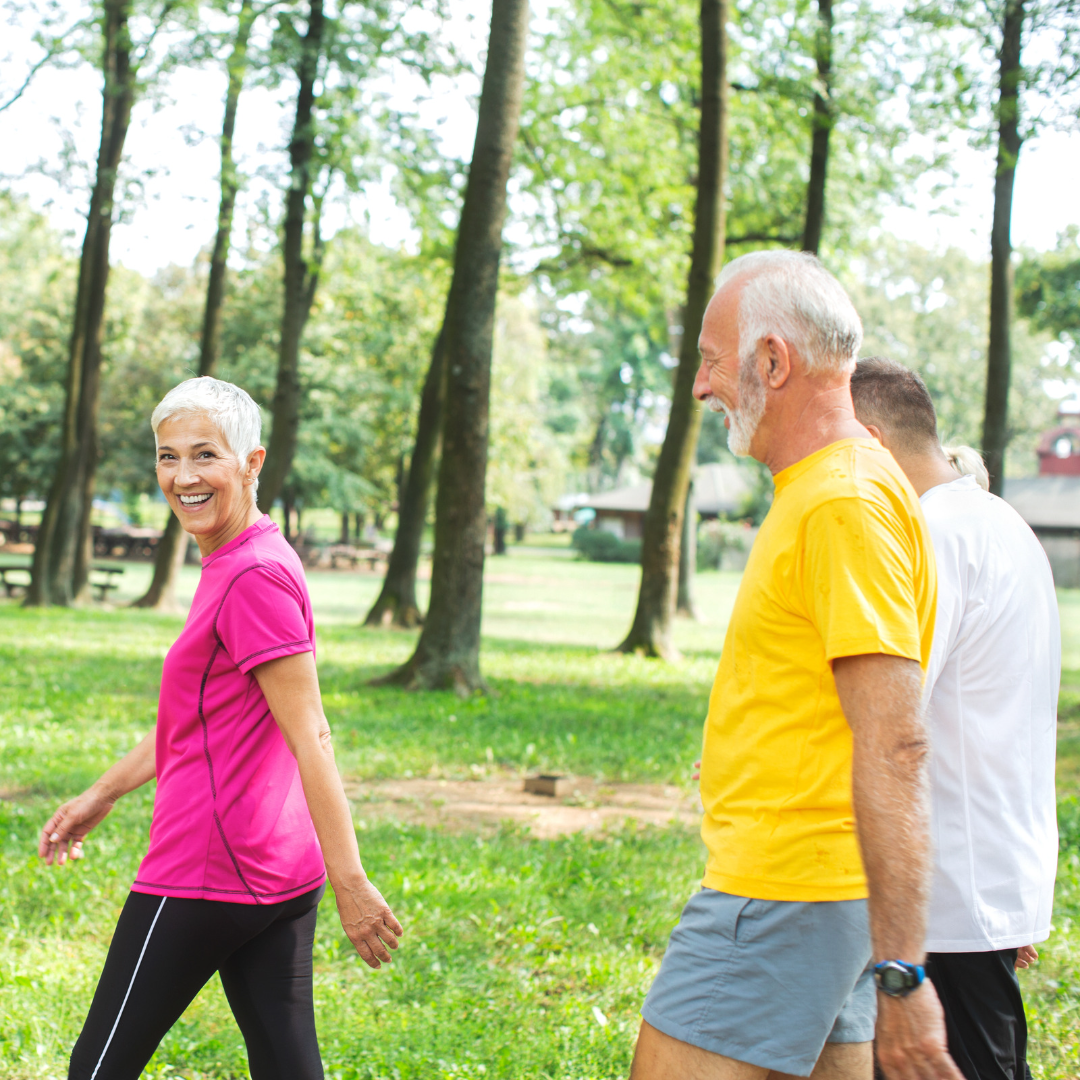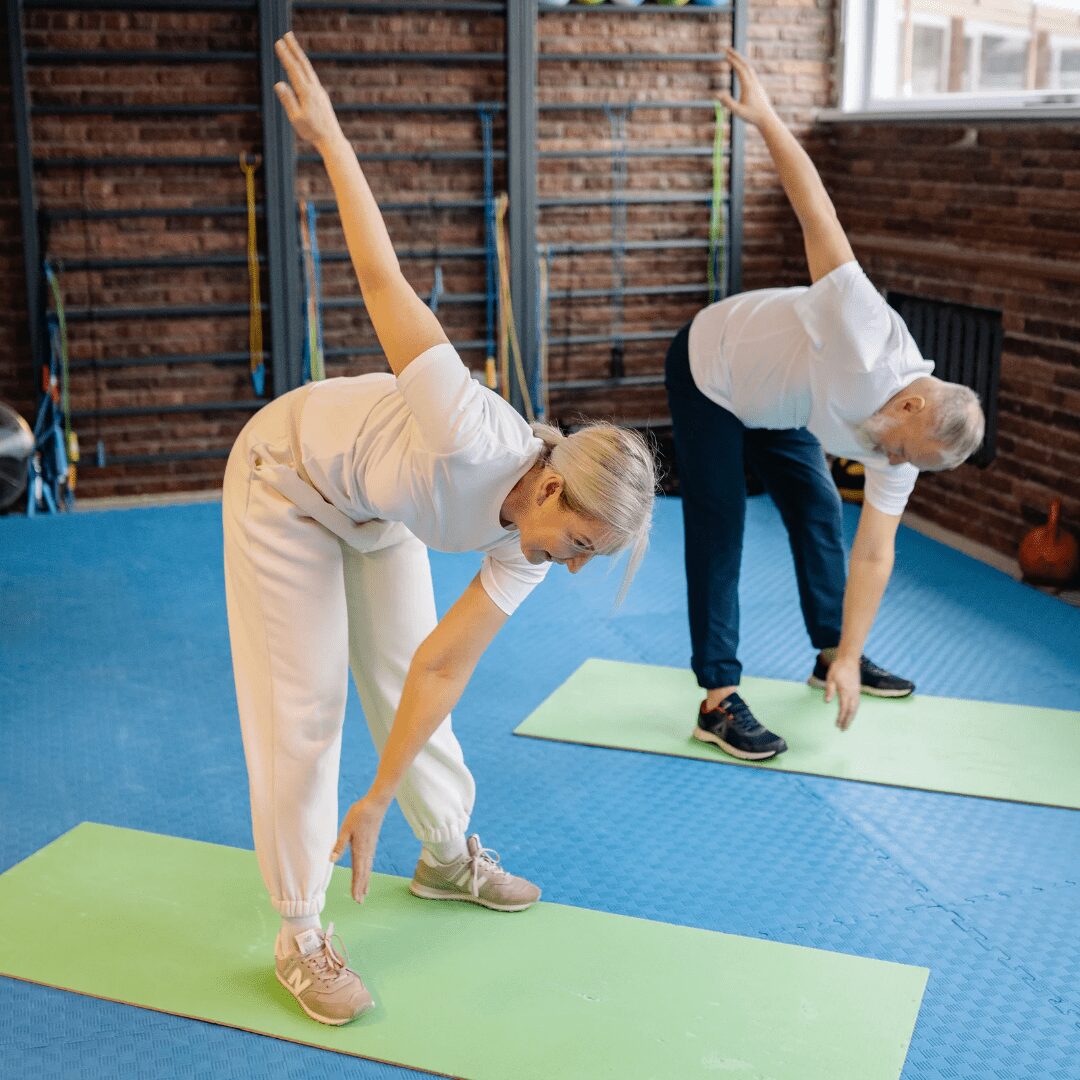Have you ever started on a new “health kick” or “exercise plan” with tons of enthusiasm, only for it to fall by the wayside a few weeks later? It is a common pattern most people experience at some point when it comes to making health changes. Why do we fall into this pattern? It is not because we suddenly don’t want to improve our health any longer. Instead, it is because when we set out to improve our health, we are more focused on achieving the outcome, rather than finding an enjoyable and sustainable plan.
In my work, I often get asked for the specifics “How much do I have to actually work out?” Or, “How often do I have to go to the gym?” Or, “What’s actually the cutoff point?”
The truth is that the studies differ in terms of how much exercise we need to do. Some of them look at 20 minutes a day, for example, and others look at 150 to 300 minutes a week cut up into different times. Ultimately, whether it’s low intensity, things like walking and tai chi and yoga or higher intensity exercises, all types of body movement have shown benefit for cancer survivors.
Even more importantly, all of the studies have shown that consistency over the long run is more important than anything else. Whether it’s 20 minutes a day or whether it’s 500 minutes a week, consistency over the long-term is where the benefits really are.
Creating Realistic Goals
 Having gone through treatment, survivors can find it exhausting to start incorporating an intense exercise plan. Yet, the recovery period can also feel like it is going to take a really long time to get through if they don’t do something substantial to change their health. This can feel daunting and can actually get in the way of getting started.
Having gone through treatment, survivors can find it exhausting to start incorporating an intense exercise plan. Yet, the recovery period can also feel like it is going to take a really long time to get through if they don’t do something substantial to change their health. This can feel daunting and can actually get in the way of getting started.
This happened to my dad. My dad is a cancer survivor. There have been times when movement has been a challenge for him. He is an older gentleman, and likes to sit in his chair to watch movies and shows for hours on end. The restrictions put in place during pandemic and lockdowns over the last few years, only further limited his ability to get out and do any form of movement. As time went on, he found it harder and harder to get out of his chair. His knees had become weak, and he was experiencing back pain. Because of the notable change to his physical state, he of course, had concerns that it was a sign of cancer recurrence. I reassured him that more likely the cause of his physical change was lack of movement.
We spent time figuring out a movement plan that he could be consistent with, during lockdowns and beyond. We came up with a plan that he felt good about, and after 12 weeks of him being consistent with doing these activities just twice a week for 45 minutes a time, he was able to no longer have difficulty getting out of a chair. He was able to walk the way he had before.
Some people like the reward on a daily basis. Other people need to work towards a bigger goal. No matter what you prefer, If you are able to create a life that allows for body movement on a regular basis, cultivate the things that you like in your life for your body movement, and celebrate your wins, you are going to find it easier to persevere. That dedication and consistency over the long haul is the most important thing.
Tips for Creating Consistency
 Listen to Yourself – Have compassion for and recognize where you are at in your health journey. There is always something to compare yourself to – comparison to the old you, or comparison to somebody else in their cancer recovery journey. We need to understand where we’re at and listen to ourselves and acknowledge where we are on our journey.
Listen to Yourself – Have compassion for and recognize where you are at in your health journey. There is always something to compare yourself to – comparison to the old you, or comparison to somebody else in their cancer recovery journey. We need to understand where we’re at and listen to ourselves and acknowledge where we are on our journey.- Find an accountability partner – Is it your spouse? Is it a friend? Is it your sister? Is it someone physically walking beside you? Or is it someone on the phone with you while you walk? Accountability partners can support you in different ways.
- Focus on Perseverance – It is a process where we create, cultivate and celebrate every change we put in place. It is not about winning or losing, in a certain period of time. Rather seeing it as a process that we keep coming back to, that propels us forward.
- Have compassion for yourself – Not every day is going to be a great day. You may not be able to be at your best everyday as you try to incorporate more and more movement. That is okay! Showing up and being consistent is the most important achievement.
To learn more about how cancer survivors can move from surviving to thriving, grab a copy of my book, the Opportunity in Cancer. Be sure to also download the digital workbook, to help you develop a cancer remission plan that works for you!



